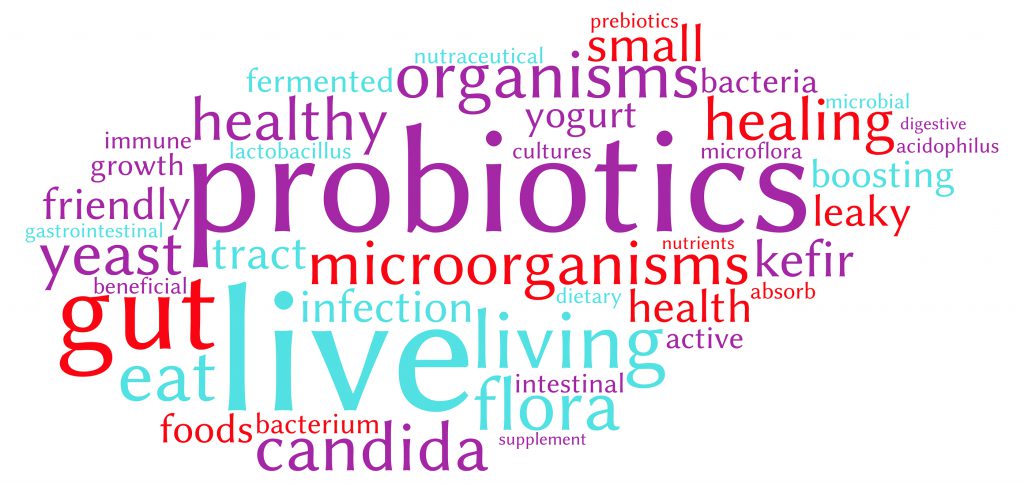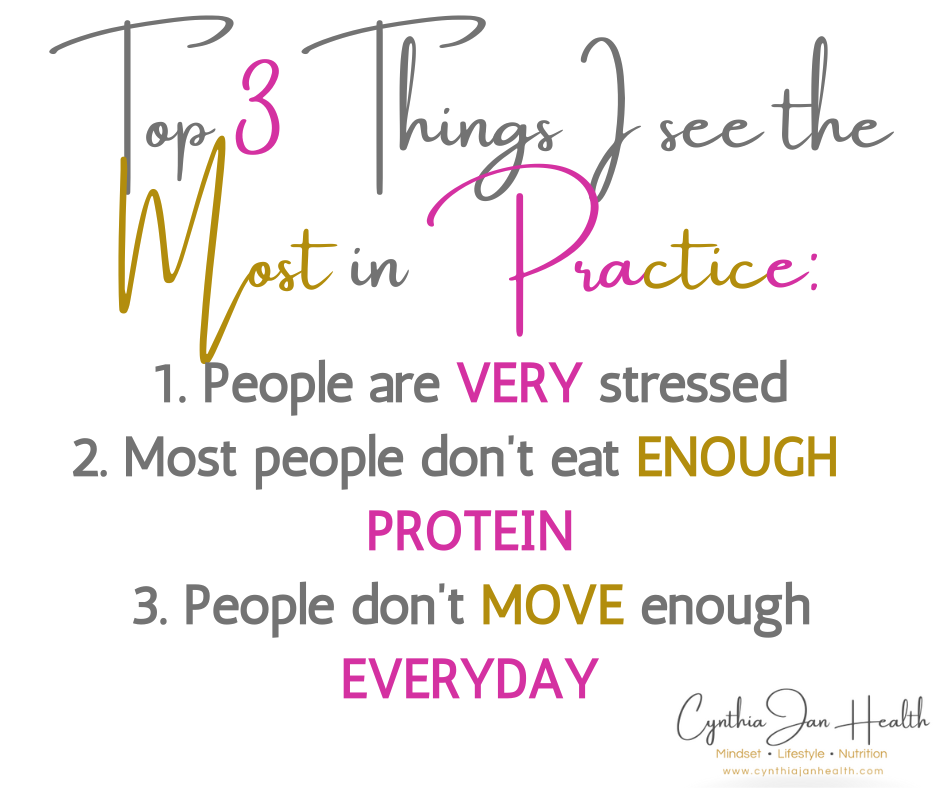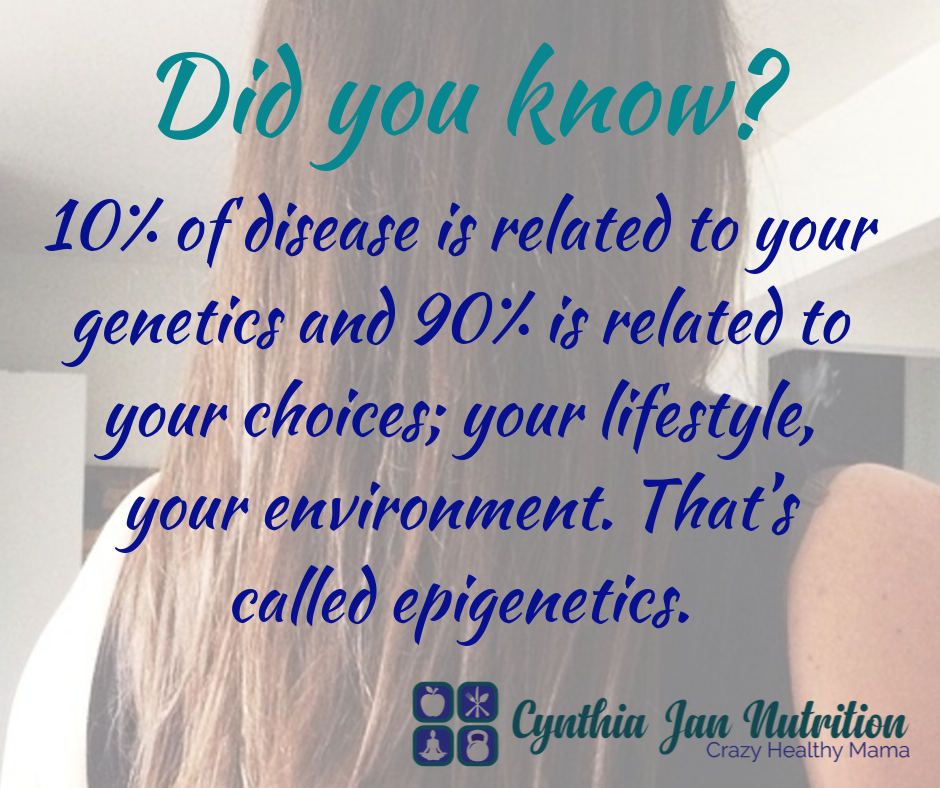
Not sure about probiotics right? Some people feel that eating yogurt is enough to provide them with the probiotics they need. Some people take them only if they’re on antibiotics. Importantly, probiotic supplements are necessary after a course of antibiotics and are part of the treatment plan for Candidiasis. So, it can be really confusing, and know that your body requires probiotics, vitamins and minerals to function optimally. They are vital for both children and adults!
But first, what are probiotics, and why do we need them? Probiotics are beneficial bacteria normally present in the digestive tract. Probiotics mean “pro-life”! They contain beneficial bacterial cultures that help the body’s naturally occurring flora to replenish itself. Probiotics must be taken daily to be effective as they leave the body quickly. Also, eating conventional meat and poultry affect probiotic levels in your body as the livestock are given antibiotics to prevent disease, which is then transferred on to your gut!! As much as possible, opt for organic and pasture fed meats. (On a positive note, some farmers have taken a more natural approach and have started giving the animals oregano oil instead of antibiotics!) The most important strains are; Lactobacillus acidophilus, Bifidobacterium bifidum and Streptococcus faecium. But there exist many more who are also very important!
Here are some important reasons why we need probiotics:
- vital for digestion and gastro-intestinal disorders
- prevents overgrowth of yeast, such as Candida, and other pathogens
- helps produce some the B vitamins, and helps synthesize vitamin K
- enhances mineral absorption (which decreases as we age)
- reduces cholesterol by breaking down bile in the colon and inhibiting it’s re-absorption into the blood
- strengthens the immune system, especially beneficial to those with autoimmune disorders
- assists in liver detoxification
- helps control inflammation
- and many other functions too long to list here today
When supplementing here are a few details you need to take note of:
1. A good probiotic should have as many different species of bacteria as possible.
2. A mixture of strains from different probiotic bacteria.
3. There should be at least 8 billion bacterial cells per gram. An adult will need around 15 to 20 billion bacterial cells per day. For children depending on their age, from 2 to 15 billion bacterial cells per day. Look for a brand that does not contain fillers, GMOs, soy, wheat, corn and dairy. The best time to take your probiotics is with food or after a meal, this will avoid the stomach acid from destroying the probiotic.
Supplementing is one way to include probiotics daily into the diet, but adding fermented foods such as kombucha, beet kvass, pickled vegetables, goat kefir, sauerkraut, kimchi, umeboshi plums, tempeh, miso, soy sauce, etc. will be very beneficial to your digestive tract, and body! This is actually the better way and more cost-effective way to get probiotics into your body!
So go ahead, take your probiotics today and tomorrow, and the day after; your gut and body will thank you!
Sources:
Balch, Phyllis A., Prescription for Nutritional Healing. New York, Penguin Books, 2010.
Dr. Campbell McBride, Natasha. Gut and Psychology Syndrome. Cambridge, MedInform Publishing, 2010.
(Originally posted July 28, 2017 on cynthiajannutrition.com)




